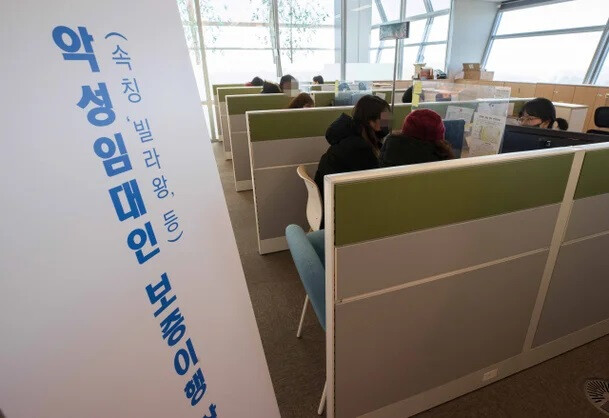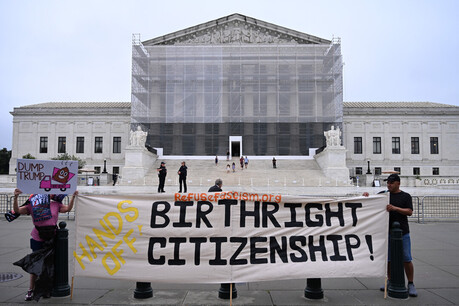
A recent tally has revealed that a staggering 1,177 individuals and corporations (including 1,128 individuals and 49 corporations) have been publicly named as "malicious landlords" for repeatedly failing to return tenants' security deposits. The total amount of security deposits withheld by these landlords amounts to a staggering 1.9 trillion won ($1.4 billion).
Since December 2023, the South Korean government has been publicly disclosing the names, ages, addresses, outstanding rental deposit debts, and default periods of landlords who have habitually failed to return security deposits, as part of its efforts to prevent rental scams.
On average, each of these landlords has failed to return 1.61 billion won in security deposits. Ten landlords alone have withheld over 30 billion won each. The most significant case involves a 51-year-old individual residing in Nam-gu district, Ulsan, who owes a staggering 862 billion won in unpaid security deposits.
A geographical analysis of these malicious landlords reveals a concentration in areas with high rates of rental fraud. Bucheon City in Gyeonggi Province has the highest number of malicious landlords with 63 individuals, followed by Gangseo-gu in Seoul with 53, Michuhol-gu in Incheon with 48, and Bupyeong-gu in Incheon with 34.
The average age of these malicious landlords is 47. Individuals in their 50s account for the largest group at 23.2% (273 individuals), followed by those in their 30s (21.8%), 40s (18.9%), 60s (17.1%), 20s (10.4%), and 70s (3.7%). The youngest malicious landlord is a 19-year-old residing in Gangseo-gu, Seoul, who has failed to return 5.7 billion won in security deposits. The oldest is an 85-year-old living in Paju, Gyeonggi Province, who owes 3.6 billion won.
While there were only 126 malicious landlords on the public list six months after its launch, the number has skyrocketed to 1,177 as of late last year, indicating a growing trend of landlords withholding security deposits. The Housing & Urban Guarantee Corporation (HUG) reported that rental deposit insurance claims reached a record high of 4.2587 trillion won and 19,803 cases from January to November last year, representing a 7.4% increase compared to the same period in the previous year.
[Copyright (c) Global Economic Times. All Rights Reserved.]





























